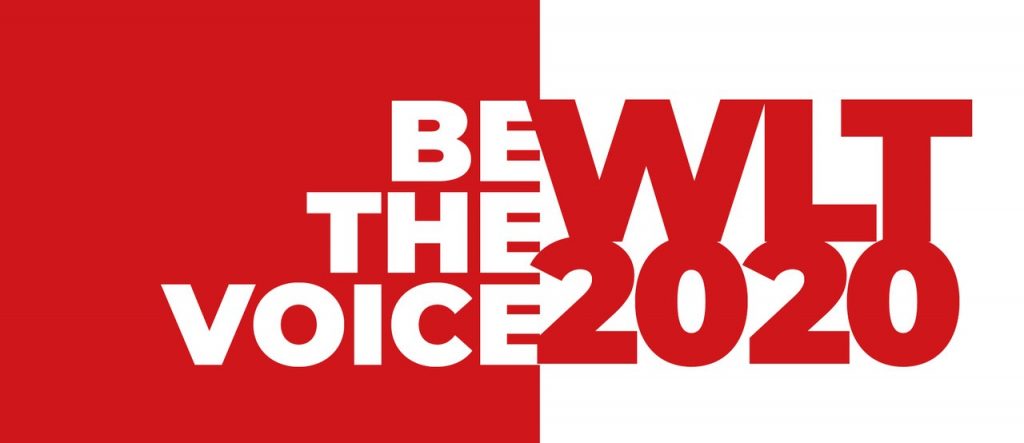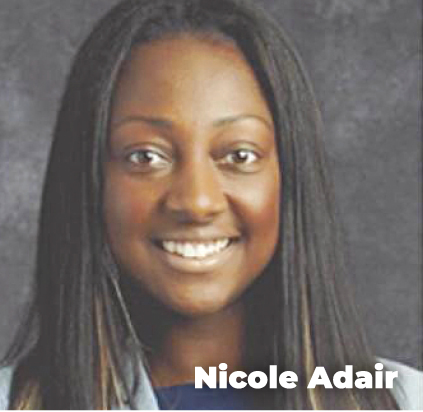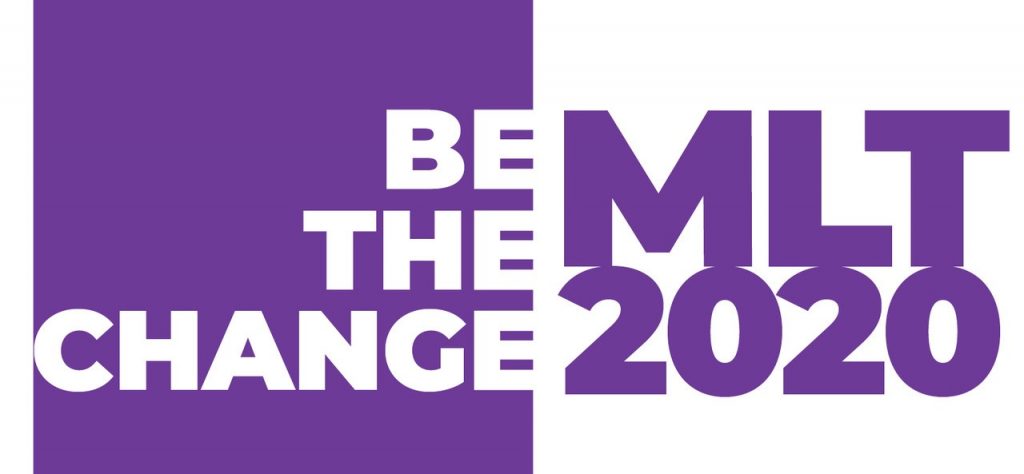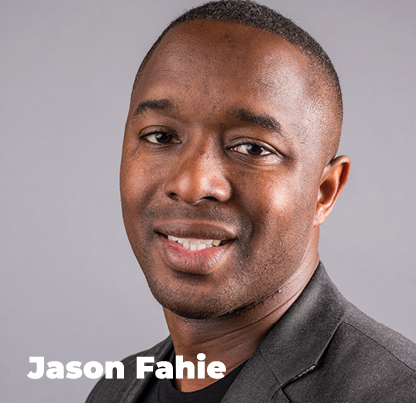Women’s and Minority Leadership Trainings: Becoming a voice for change
Educators are all about helping students become the best they can be—leaders and contributors who can change things for the better in their own lives and in their communities. That means building confidence, nurturing empathy, and being respectful of others in their school and home lives.
The 2020-2021 MSEA Minority (MLT) and Women’s Leadership (WLT) Training programs—sponsored by MSEA’s member-led Women’s Concerns and Minority Affairs committees—are designed to help members gain understanding and experience in education leadership in their locals and at the state and national levels. The programs were restructured for this year and required attending three virtual trainings, engagement throughout the year, and a final project. The virtual meetups included member presenters, MSEA and NEA experts, and special guests.

“WLT defines my career so far!”
Nicole Adair was part of her local Prince George’s County Educators’ Association SPARKS program in 2021. That program, which introduces the local and state union to new members, spoke to Nicole. “I knew that I was not made to fit in, I was made to stand out and speak up.”

When she saw the opportunity to build leadership skills through the WLT, it looked like the right next step. “I applied to WLT because during my first-year teaching, I had an epiphany after facing a major challenge that kicked me towards reaffirming my commitment to teaching, empowerment, advocacy, and becoming a woman leader activist,” said Nicole. “I realized that being ambitious and being fearless and bold to speak up for diversity, inclusion, and culture in the workplace will come with resistance. I applied to be a part of this year’s WLT because it linked my three senses—duty, responsibility, and service to my professional experience.”
Nicole is already meeting her challenge—she’s a member of her local’s minority affairs committee where she wants to impact others by “speaking up and promoting an inclusive workplace that values a woman’s identity, culture, diversity, and inclusion, and motivates women and minorities to always believe in self, be prepared, be coachable, and tap into our innate motivation.”
Her WLT leadership project was to create a committee that fosters building allyship and ambition, promotes culture and identity, and accelerates inclusion. When ESOL students joined her classroom mid-year, she immediately witnessed a communication and culture barrier developing. “I was driven by my students’ concerns to communicate with each other, have courageous discussions, and desire to learn other languages to help and communicate with one another.
“My students made it nearly impossible for anyone to overlook the value and importance of promoting learning styles, diversity, culture, identity, and inclusion in our classroom.”
“Jason, stop playing small.”

Jason Fahie was 26 when he attended his first meeting in his local. “It was a shock to look around the room and not see anyone my age. Very few people looked like me.” He’s a veteran teacher now, but still one of the younger activists he sees. “I hope that me being more visible will help to change this.”

An experienced leader—he was elected to MSEA’s Board of Directors in 2015—Jason stepped back from his leadership path a few years ago as he transitioned to a new school system but heeded his instincts and jumped back in by applying for the Minority Leadership Training program.
“I’ve attended many MSEA and NEA trainings, and I felt this opportunity should be kept available for new and up-and-coming leaders. But after a few days, I looked at the flyer again and had to tell myself, ‘Jason, stop playing small.’ The same week I applied to the MLT, I also decided to run for a seat on my local board of directors and was fortunate enough to be elected.”
Jason is his school’s diversity, equity, and inclusion liaison where he helps lead monthly discussions on race that have been well received by the staff. “I’m looking forward to leadership opportunities that allow me to connect with the community and engage students and staff in important and courageous conversations about a variety of current and historical events.”
Jason realized that during the sessions, staff would add the titles of books they were reading about race, but the chats were fleeting. “My project included creating a Flipgrid discussion called Books on Race. I kicked it off with a video review of the book The Origin of Others by Toni Morrison. Staff were given the link to provide video responses of books that they read about race to share their own review and how the book helped them to engage in discussions about race.”
Leadership looks different now than it did even 10 years ago. Change is slow, but we have Vice President Kamala Harris and more communities are electing women, people of color, and people who are LGBTQ+. This current intersection of our times—a welcomed heightened awareness and sensitivity to racial social injustice and a frightening pandemic—have shown us how vulnerable and how alike we all are. MSEA’s MLT and WLT cohorts are helping to empower members to step in and help lead this change in their communities and classrooms.
Special Guests and Presenters
At the Women’s and Minority Affairs Trainings, cohort members welcomed guest speakers and experts from many different education backgrounds.
Kim Anderson NEA Executive Director
Dr. Latasha Bacote-Owens Program liaison–special needs compliance, Prince George’s County; co-chair, MSEA Women’s Concerns Committee
Delegate Lisa Belcastro Baltimore County; teacher, Prince George’s County
Candace Dodson-Reed Chief of staff to the president and executive director of the Office of Equity and Inclusion, University of Maryland Baltimore County
Vernon Fains Middle school art and autism program educator, Baltimore County
Mijiza Green Community and family outreach liaison, Harford County Public Schools
Tanya Johnson Martin Reading specialist, Howard County; MSEA Board of Directors; Board liaison, MSEA’s Women’s Concerns Committee
Kayla Moore Elementary teacher, Prince George’s County
Princess Moss NEA Vice President
Cecily Myart-Cruz President, United Teachers Los Angeles
Randy Patterson MSEA ESP of the Year; paraeducator, Howard County
Jessica Tedder Special educator, Prince George’s County; member, MSEA Minority Affairs Committee

